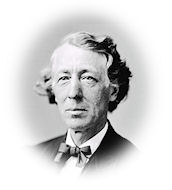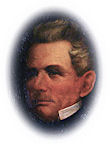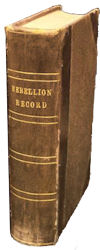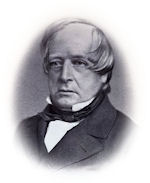Fort SUMTER, S.C., January 29, 1861.
(Received A. G. O., February 1.)
Col. S. COOPER,
Adjutant-General U.S. Army:
COLONEL: The South Carolinians are at work in large force on Cummings Point, apparently framing heavy timbers, for what purpose I am unable yet to state. They succeeded this morning, favored by a very high tide, in getting the Columbia off. I send herewith two slips cut from yesterday’s Mercury, which show unmistakably the animus of these people. They are determined to bring on a collision with the General Government. Everything around us shows this to be their determination and their aim. I had a contract made yesterday for the transportation of the women attached to this command. The number is much greater than the legal allowance, but under the present excited state of feeling toward our command it would not do to send to the city or to Sullivan’s Island any of the relatives of our soldiers’ wives who have been living with them. The number who will be sent (twenty) embraces those attached to the companies and the wives of the members of the band, and also the wives of the non-commissioned staff. Inclosed you will also receive the muster and pay rolls of this command, which have been signed by the husbands of the women. I will thank you to have them sent by the Pay Department to the paymaster in New York, with instructions to hand the pay to the women. I will thank you also to have the necessary instructions sent to New York for the rations, &c., for these women and children.
Very respectfully, your obedient servant,
ROBERT ANDERSON,
Major, First Artillery, Commanding.
![]()
[Inclosure No. 1.]
OBITUARY.–Died, on Saturday night, at the Marine. Hospital, Thaddeus S. Strawinski, aged 18 years and 7 days, from an accidental wound from a revolver. This promising young man was on duty in the Columbia Artillery at Fort Moultrie when the sad accident occurred. He was a noble fellow, and, just a week after entering the freshman class of the South Carolina College, with his spirited father joined the ranks at the call of the State. While on the litter being carried to the hospital he said to those who were conveying him: “Friends, O how sorry I am you are to attack Fort Sumter without me!” During his sufferings he mourned that he could not be at the taking of the fort. He was calm and resigned, and met his end prayerfully, with the Lord’s Prayer on his lips. A mother’s gentle influence soothed his dying hour, and a soldier’s spirit nerved a fathers heart to resign his son to his Creator. The sympathy of the whole community is with them in their bereavement.
[Inclosure No. 2.]
Mr. Yeadon, from the committee of conference on the disagreeing votes of the two houses on that clause of the appropriation bill which appropriates $30,000 for dredging Maffitt’s Channel, submitted a report recommending the adoption of the following: “For deepening or otherwise improving Maffitt’s Channel, $30,000, to be drawn by and expended under the direction of a commission, as follows: Messrs. George A. Trenholm, Henry Gourdin, George N. Reynolds, W. G. De Saussure, F. I. Porcher, Hugh E. Vincent, and the mayor of Charleston ex officio: Provided, The work shall not be resumed until Fort Sumter passes into the possession of the authorities of the State, and all the troops of the United States shall be removed from the harbor of Charleston.
The report was agreed to.
Mr. Buist offered the following resolution:
“Resolved, That it is the opinion of the general assembly that no sessions of courts of law or equity in this Stale should be holden so long as the Government at Washington has control of the fortress known as Fort Sumter?
Ten members objecting, the resolution was ordered for consideration on Monday.











